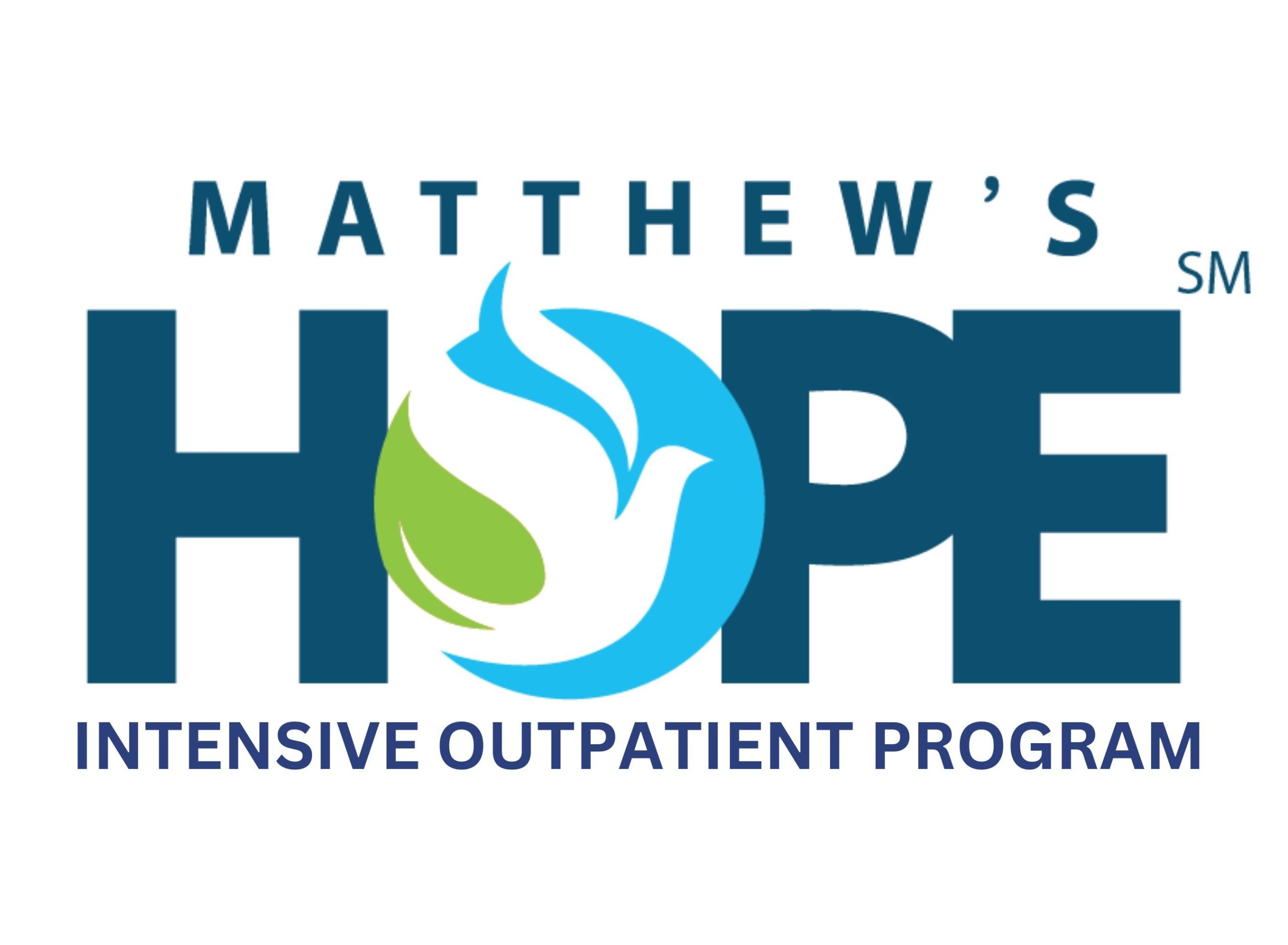Entering the road to recovery from substance use can be daunting. Understanding the different treatment options available can help you make an informed decision.
Let’s explore the differences between detox programs and inpatient residential drug treatment programs. Then, we’ll talk more about which path could be best for you.
What are Detox Programs?
Detox programs are a vital first step on the recovery journey. Their primary aim is to manage withdrawal symptoms, making it easier for individuals to stop substance use. Whether medically supervised or not, the focus is on safely guiding patients through the physical withdrawal process.
Detox centers typically house patients for a short period of around 5-7 days on average.
The quick nature of these programs means they are mainly concerned with physical health and immediate safety. This often leaves psychological healing for other stages of recovery.
What are Inpatient Residential Drug Treatment Programs?
In contrast to detox programs, inpatient residential drug treatment programs offer longer, more comprehensive care. These programs provide round-the-clock support in a non-hospital setting, focusing not only on the physical but also the psychological aspects of addiction.
Inpatient programs usually last for 30, 60, or 90 days, allowing for a more in-depth exploration of the root causes of addiction.
During this period, individuals engage in various therapies, skill-building activities, and peer support groups. These are all aimed at equipping them with the tools necessary for lasting sobriety.
Matthew’s Hope Foundation Intensive Outpatient Program (MHF IOP) Model
MHF IOP offers a unique approach to substance use treatment. It’s a Level 4 program, meaning it’s a medically-managed intensive inpatient program. This model is tailored to help those with severe substance use disorders who require medical supervision.
Unlike regular detox centers, MHF IOP addresses not only withdrawal symptoms but also the underlying psychological factors driving addiction. Operating in a hospital setting, MHDRP combines 24/7 medical care, medication-assisted treatment, and therapeutic counseling to create a comprehensive treatment environment.
Benefits of MHF IOP’s Hybrid Model
Extended Recovery Support
One of the benefits of MHF IOP’s hybrid model is its extended recovery support. While detox programs last 5-7 days and residential treatment centers typically require a 30-60-90 day commitment, MHF IOP offers a program that ranges from 10 to 14 days.
This extended duration provides patients with up to two years of recovery support.
IASIS Advanced Neurofeedback Technology
Clinical studies have demonstrated that IASIS MCN can reduce symptoms of anxiety, depression, and PTSD, which are often the main catalysts for relapse-driven cravings. A significant 85% of individuals treated with IASIS MCN have reported a decrease in cravings, accompanied by enhancements in tranquility and sleep quality. IASIS works by restoring equilibrium to the nervous system and bolstering the brain’s detoxification processes to function more effectively.
Simultaneous Treatment of Coexisting Addictions
MHF IOP can treat multiple addictions concurrently. If there’s a coexisting drug addiction while treating alcohol addiction, MHF IOP has the resources and expertise to manage both simultaneously.
This approach ensures comprehensive care for the patient, addressing all areas of their substance use.
Comprehensive Care
As MHF IOP operates in a hospital setting, it’s equipped to deal with other health issues that may arise during treatment. This added layer of support is crucial for individuals who have other health concerns alongside their addiction.
Structured & Flexible
MHF IOP follows a structured treatment model, but it’s also flexible enough to accommodate each patient’s unique needs. Whether we’re addressing the specific substance being misused or adjusting the length of the program, MHF IOP is committed to providing personalized care.
Finding the Path to Recovery
Selecting the right treatment program is an essential step in overcoming addiction. Understanding the differences between detox, residential treatment programs, and the unique model of MHF IOP is critical in making an informed decision.
MHF IOP is an ideal solution for those seeking a hybrid of traditional detox and residential treatment. It offers a shorter stay than typical residential treatments, yet with extended recovery support for up to two years. This program encompasses medical supervision, therapy, Advanced Neurofeedback Technology, and support for coexisting addictions, all within a hospital setting.
Choosing the appropriate treatment program can be the first step to a brighter, substance-free future.
If you or a loved one are struggling with substance use, don’t hesitate to reach out to Matthew’s Hope Foundation Intensive Outpatient Program. We’re here to support your journey to recovery.



